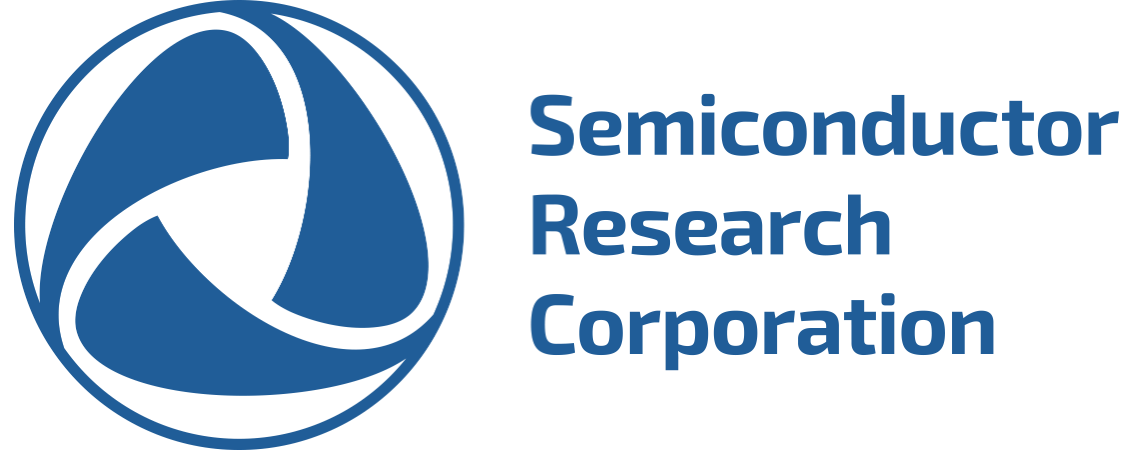Our Commitment to
Sustainability
Creating the future, together
In 1987, the Bruntland Report defined sustainability as "development that meets the needs of the present without compromising the ability of future generations to meet their own needs." Driving technology research that helps future generations thrive is central to our core purpose. As is a commitment to the exploration of greener material and process pathways that enable environmentally friendly and sustainable manufacturing solutions for future semiconductor devices.
Sustainability Progress
2023 Report
October 26, 2023
Today is Sustainability Day - a day to reflect on and recommit to sustainable efforts in our lives. As was so well stated in that linked reference, "by celebrating Sustainability Day, we can collectively work towards a more sustainable future. The decisions we make today will have a lasting impact on the planet and future generations. Embracing sustainability isn’t just a trend; it’s essential for our planet’s survival."
At SRC, we would like to use this opportunity to publicly share the actions we have taken throughout the past year to align our strategy, effort, and investments to this accountable mission and build upon the momentum created by SRC’s Commitment to Sustainability, now 2 years old:
- Our commitment starts with our nearly $100M/year research portfolio. Indeed, ~51% of our active projects are pursuing either ICT Energy Efficiency or are part of our Environment, Safety, and Health (ESH) Program, in search of sustainable semiconductor manufacturing approaches. Over 175 faculty from 75 universities working on 239 active research projects have identified their work as aligned to our Commitment to Sustainability.
- While this is "only" a YoY increase of +9 projects (>$900k/yr.) from 2022, approximately 2/3rd of that full project portfolio saw turnover as of 1-Jan-2023 and is brand new in terms of research scope. And, unlike awards granted in prior years, all of these newly started projects were evaluated with our Commitment to Sustainability as a success criterion, a policy we began in earnest with project proposals first received in the spring of 2022 and awards that commenced this year. As such, we are quite excited about the outcomes that will arise in the years ahead from these newly created projects, as we have helped our community reimagine the outcomes of their successful semiconductor R&D projects!
- In particular, our ESH program has seen modest growth because of its increased focus on the abatement, measurement, and green alternatives for PerFluorinated Alkyl Substances, or PFAS, materials. These chemicals are critical to the fabrication and utilization of today’s advanced semiconductor technologies and currently have no known and qualified alternatives. However, there are growing public concerns throughout the world about their continued use because of the longer-term impact they might have on our environment if not properly contained and treated. In early August, the journal Nature provided a thoughtful perspective on some of the complex dynamics around this large class of chemicals, highlighting SRC’s efforts to research and implement solutions to this key issue. We encourage you to read and share it.
- Illustrating the importance of PFAS-related breakthroughs, SRC’s Sustainable Future Award, now in its 2nd year, was granted to Prof. Damian Helbling of Cornell University to celebrate his studies on "Identifying Sources of Per‐ and Polyfluoroalkyl Substances (PFASs) in Photolithography Wastewater." Awarded at TECHCON 2023, the work has helped SRC member companies determine the sources of PFAS in lithography wastewater, thereby enabling point-of-use abatement systems. His team’s close collaboration with SRC liaisons from EMD Electronics, GlobalFoundries, IBM, Intel, Micron, and Texas Instruments has also helped to develop an analytical technique that can quantify ultra short-chain PFAS compounds in factory wastewater. The results from this project are critical as the identification and quantification of the PFAS chemicals in real wastewater provides direction for the development of innovative alternative materials and treatment techniques.
- Also at TECHCON 2023, SRC showcased several rising stars from our SRC Research Scholar program to Dr. Laurie Locascio, the Undersecretary of Commerce, Director of NIST, and CHIPS Act leader, following her wonderful TECHCON Keynote. This spotlight included Ms. Osakpolo "Faith" Isowamwen, a Ph.D. candidate advised by Professor Selma Mededovic at Clarkson University. Faith presented her Ph.D.-thesis research on PFAS abatement using plasma and surfactants, work that is of keen interest to industry, who is actively working to develop new and better methods of PFAS abatement.
- Finally, after almost 2 years of effort by 298 experts representing 112 organizations out of industry, academia, and government, SRC recently released its long-awaited Microelectronics and Advanced Packaging Technologies (MAPT) Roadmap, supported by NIST, which sets the direction for the semiconductor industry and the years ahead. The MAPT Roadmap is framed around the fundamental and practical limits of information and communications technology sustainability, including energy sustainability, environmental sustainability, and workforce sustainability. The MAPT Roadmap sets the path forward for creating these critical emerging technologies.
SRC and its community of innovators will keep pressing, working to increase our financial commitment to the semiconductor industry and this planet, communicating our progress and any learnings. We are excited about the opportunities that the Chips and Science Act of 2022 can provide in amplifying our industry’s growing Commitment to Sustainability.
What about you? What ideas do you have for Sustainable Semiconductor Manufacturing and the Energy Efficient utilization of packaged chips at scale? What can you do to help? How can we help you start that journey, today?
In partnership,
Dr. Todd Younkin, President and CEO
Join us! Membership Info

Select ESH Highlights from SRC Industry Members and Partners
- In 2023, the Department of Energy (DoE) illustrated how SRC's 2030 Decadal Plan for Semiconductors and Microelectronics and Advanced Packaging Technologies Roadmap are informing DoE's effort to increase the energy efficiency of semiconductors 1,000-fold over the next 20 years. https://www.energy.gov/eere/ammto/articles/what-do-microelectronics-have-do-emissions-reductions
- In 2021, chipmaker TSMC stated that they are pushing for net zero emissions by 2050, a major commitment by the world’s largest chip foundry. https://www.reuters.com/technology/chipmaker-tsmc-aims-net-zero-emissions-by-2050-2021-09-16/
- In its 2020-2021 sustainability report, Intel has outlined plans for establishing 100% renewable energy by 2030 as well as a net-positive water use plan that includes a goal of conserving 60 billion gallons of water. https://www.environmentalleader.com/2021/09/intel-water-sustainability-goals-important-in-large-europe-facility-project/
- In 2019, SK hynix became the 14th company in the world and the first company in South Korea to obtain the international Zero Waste to Landfill certification. http://www.koreaherald.com/view.php?ud=20190219000778


